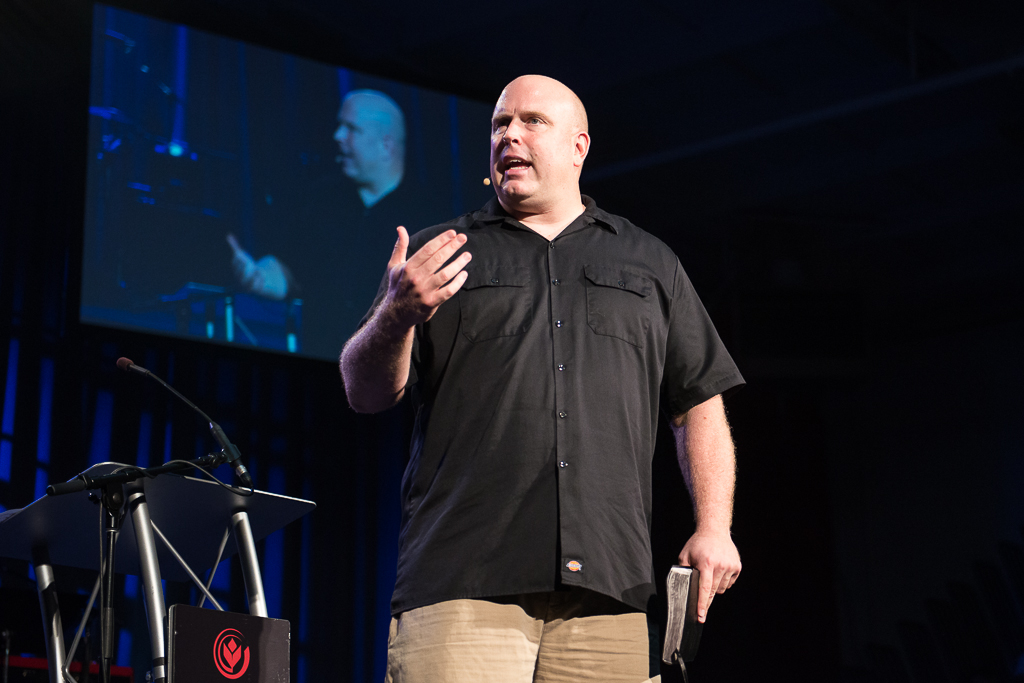I’ve attended Biola for almost two years now. In that time, I’ve experienced two Missions Conferences, two Torrey Conferences, six Bible classes and countless professors. It took me until this Sunday morning to fully comprehend Biola’s mission. Sure, I’ve heard it before: We are to impact the world for the Lord Jesus Christ. But never had I felt it like I felt it in the sanctuary at EV Free Fullerton that morning.
Mike Erre, pastor at Fullerton, began a series about Mission on Sunday. He started with a video of random students being interviewed on campus at California State University, Fullerton. There was a glaring disparity between the answers the students gave about their impressions of the character of the Church and Christians, and the character of Christ. Although their ideas of who Christ was were not all that we might hope them to be, they were much more positive than their ideas of the Church. From there, Mike segued into a discussion of the role of missions in the Church.

He spoke of the church that he grew up in, which had a missions board in the lobby with strings of yarn leading out to the different places in the world where the church sent missionaries. He spoke of the misleading nature of that board, that it implied that the overseas evangelists were the true missionaries and that the members of the church were something other than that. He spoke of the wrongness of that idea, of the obligation that everyday members of the Church have to be missionaries in their lives. He talked about the sequence of sending in the Bible, that God sent Jesus, then God and Jesus sent the Spirit and then the whole Trinity sent us.
The sermon was a call to action. It wasn’t a call to go and sign up to go overseas right after the service. It was a reminder of the role of the Church — one that Biola strives to embrace wholeheartedly. Our job is to be missionaries to the people in our day-to-day lives, to be witnesses for Christ to people who may or may not know him already.
I was struck by the implications of that. In fact, I felt a little stupid that I hadn’t grasped it before. How would I approach the little things in my life if I did them as missions? How would I treat, say, the guy behind the counter at Starbucks if I did it with the express purpose of showing him Christ through my actions?
I’ve been sucked into this idea of missions being large scale — giving up my house and my car and my comfortable American life to be a radically-living evangelist in South America or something. And don’t get me wrong — that’s awesome and wonderful and admirable. But it’s not God’s calling for everyone, and those who God calls to evangelize in Fullerton or La Mirada or Orange County are not any less of missionaries than people who go overseas.
That sermon challenged me, and changed the lens through which I view my Biola education. I need to be an active witness for Christ in everything I do — not just the big things, not just in the Church-centered things or in the ways I interact with people in a missions based context. I need to argue in an evangelist context, and order coffee in an evangelist context and play intramural sports — badly — in an evangelical context. I need to change my mindset so that each and every action that I take, each and every word out of my mouth, is a conscious reflection of the character of Jesus.







